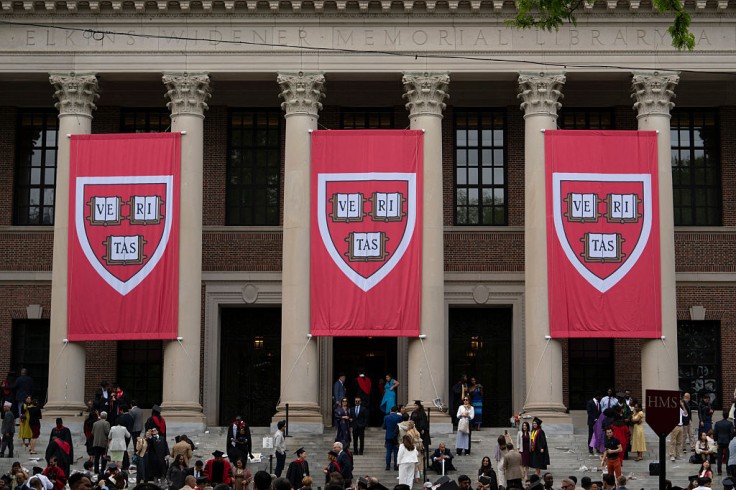
The consequences of federal funding cuts to research are no longer abstract. Harvard scientists say their work has been set back by years, after a $2.6 billion reduction in federal support during the Trump administration. This isn't just a story about one university, it's a warning signal for the entire nation's scientific and educational future.
The Boston Globe reveals how these funding freezes stalled projects in education, public health, and science. Harvard researchers describe the damage as "potentially irreversible," not just for their own labs but for entire fields of inquiry. Graduate students lost critical training opportunities, while some top minds left academia or even the country, fueling fears of a brain drain.
This crisis extends far beyond Harvard. Federal research funding decisions shape the capacity of all universities to innovate and maintain America's global edge in science and technology. As the U.S. slows down, countries like China are ramping up their investments in R&D. The risk is clear: America could lose its leadership in cutting-edge fields, from vaccine development to artificial intelligence.
The Biden administration is now trying to reverse course. The Department of Education has called for historic investments in K-12 and higher education, including expanded Pell Grants, student loan forgiveness, and more resources for low-income schools. There's also a renewed push for STEM education and workforce development, targeting the gaps that years of underfunding have left behind.
But these efforts are running into stiff political headwinds. At the state level, the battle over education policy is fierce. Republican-led states are prioritizing school choice and restricting what can be taught in classrooms, while Democrats are pushing for more public school funding and diversity initiatives. This polarization means that each election could bring abrupt policy swings, making long-term planning for educators and scientists almost impossible.
The stakes are high for ordinary citizens. A Pew Research Center poll shows that 62% of Americans want more federal investment in public schools. Yet public opinion is sharply split on issues like school vouchers and curriculum content. Teachers report mounting stress from political interference and funding uncertainty, which can undermine classroom morale and student outcomes.
Why should engaged citizens care? The answer is simple: the nation's prosperity and security depend on a robust, future-oriented education and research system. Cuts to university research don't just affect scientists. They ripple out to the economy, the workforce, and the opportunities available to the next generation. As the U.S. faces growing competition from abroad, deprioritizing education and science could have generational consequences.
With the 2026 midterm elections approaching, education funding and policy are certain to be front and center. Voters will have a clear choice: double down on investment in America's future, or risk ceding leadership to countries that do. The outcome will shape not just classrooms and labs, but the nation's place in the world for decades to come.
© 2026 University Herald, All rights reserved. Do not reproduce without permission.








